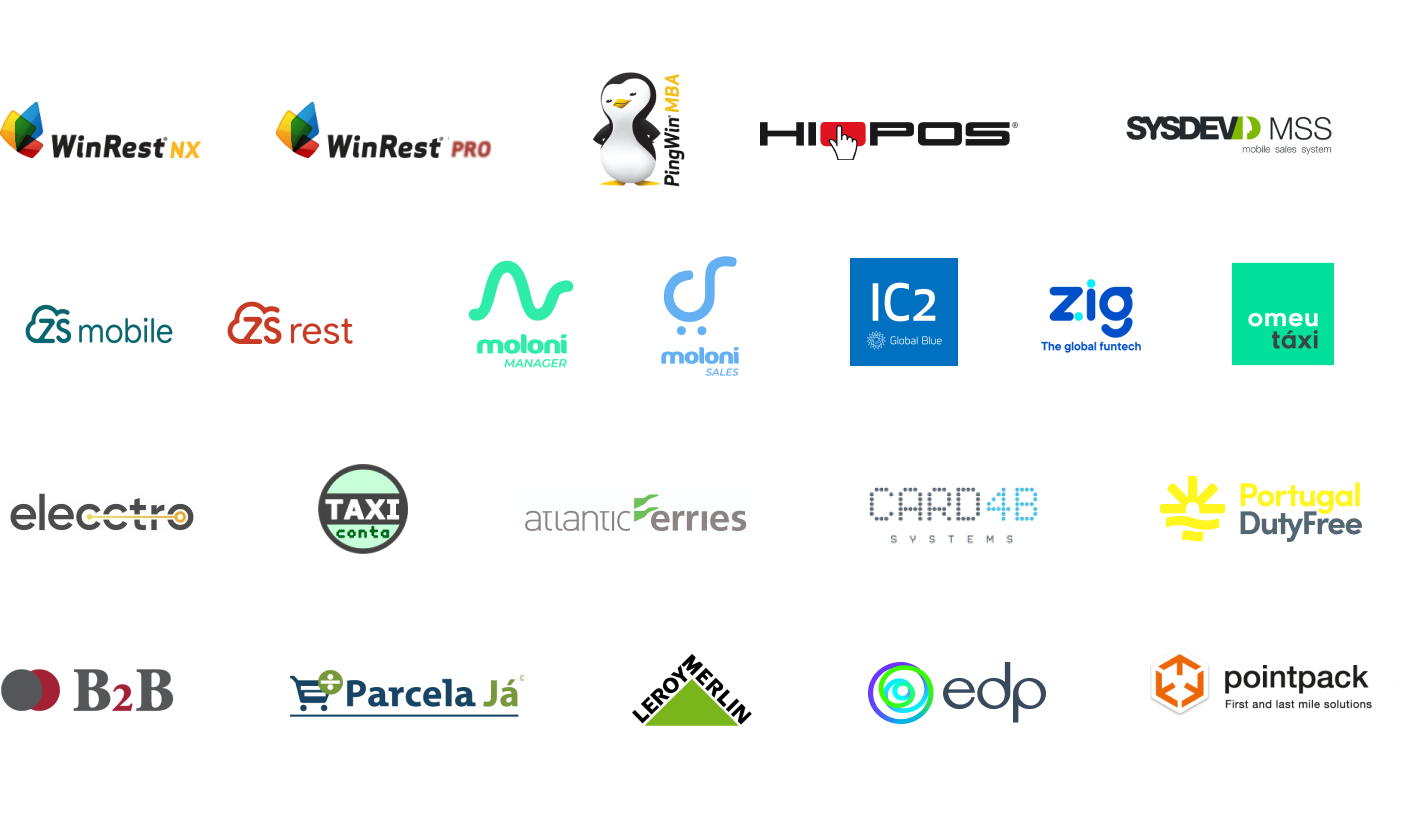Through this section, you will gain visibility over the integration journey with SIBS namely, the different stages that are expected along the process.
Before delving into that, here is a breakdown of the key concepts and stages mentioned:
Integration Journey stands for the end-to-end process that will take place whenever a partner and/or merchant intends to integrate their solution with SIBS mPOS/SoftPOS or SmartPOS product.
Validation is one of the phases contained in the integration journey for SoftPOS + PED / SoftPOS and consists of the process that validates applications by testing listed scenarios and ensuring the integration behaves as expected.
Certification is one of the stages contained in the integration journey for SmartPOS and stands for the evaluation process of third parties’ applications that integrate with SIBS payment application (via app to app or SDK). The Certification itself can be segregated by:
- “New Applications”: this is for cases undergoing their first certification, previously certified applications that are more than 6 months old, or applications with major changes.
- “Application Upgrade” (Self Certification): this applies to cases where the application was previously certified and is less than 6 months old or has undergone minor changes.
Terminal certification is a separate process for EMV end-to-end certification (EMV Level 3) conducted by SIBS. It is used to validate the compliance of the device and application with card scheme acceptance regulations. Terminal certification is relevant when terminal manufacturers want to join the SIBS network.
This section specifically relates to the integration journey. As regards to the Terminal Certification, you can read more about these specifications on Terminal Certification.
SoftPOS + PED / SoftPOS
The Integration Journey with SIBS SoftPOS + PED / SoftPOS consists of the following stages:
1. Merchant / Partner submits the request
Merchant will submit the request to integrate with SIBS via the integration form. Within this submission, details about the solution to be integrated, must be provided.
2. Business Accreditation
SIBS team evaluates functional validation and business applicability for SoftPOS + PED / SoftPOS.
Applications with the following characteristics are not allowed:
- Make disparaging use of institutions, national or religious symbols
- Encourage or appeal to violence, and or illegal and criminal activity
- Violate dignity of the human person
- Contain any discrimination in relation to race, language, territory of origin, sex or religion
- Use, without authorization, someone’s image or words
- Use pornographic or obscene language, objects or symbols´
- Encourage behavior harmful to environmental protection, consumer health and safety
- Aim at ideas of trade-union, political or religious content
3. Integration
If business accreditation is successful, the merchant / partner can start the integration process. Throughout this stage, SIBS Onboarding team will provide support to the Developer through JIRA. The development itself is done with the support of the technical documentation contained in section Integrations. Testing environments will be made available for partners.
4. Validation
Once the integration is concluded, the application needs to go through the validation stage. Throughout this stage listed scenarios will be tested to ensure the integration behaves as expected.
5. Conclusion
Once the validation is successfully concluded, the application is made available on Google Play/ App Store and is able to work with SIBS Payment Application.
SmartPOS
The Integration Journey with SIBS SmartPOS consists of the following stages:
1. Merchant / Partner submits the request
Merchant will submit the request to integrate with SIBS via integration form. Within this submission, details about the solution to be integrated, must be provided. If the solution contains any Payment features and/or if it is integrated with other payment solutions, the merchant must communicate it.
2. Business Accreditation
SIBS team evaluates functional validation and business applicability for SmartPOS.
Applications with the following characteristics are not allowed:
- Make disparaging use of institutions, national or religious symbols
- Encourage or appeal to violence, and or illegal and criminal activity
- Violate dignity of the human person
- Contain any discrimination in relation to race, language, territory of origin, sex or religion
- Use, without authorization, someone’s image or words
- Use pornographic or obscene language, objects or symbols´
- Encourage behavior harmful to environmental protection, consumer health and safety
- Aim at ideas of trade-union, political or religious content
3. Integration
If business accreditation is successful, the merchant / partner can start the integration process. Throughout this stage, SIBS Onboarding team will provide support to the Developer through JIRA. The development itself is done with the support of the technical documentation contained in section Integrations. Testing environments will be made available for partners.
4. Certification
Once the integration is concluded, the application can only be incorporated in the SmartPOS terminals after successfully passing SIBS’ certification process.
The Developers must submit the application for Certification, indicating the SmartPOS terminal’s brand/model that they require the app to run on. Additionally, this is a process that requires the submission of the following materials:
- Code / APK
- Functional and technical documentation
- The application’s icon in JPEG or PNG format for publication on the SmartPOS.
- App’s screenshots
- Company’s data: Legal Person Identification Number, Address, Contact
- Checklist of Mandatory Tests
5. Security Certification
The partner’s application needs to go through security tests and analysis of the internal operation of the software (communication protocols, code execution/accesses to terminal functions) to identify potential vulnerabilities.
These tests are then described in a security report.
6. Conclusion
Once both certifications are successfully concluded, the application is added to SIBS catalog and distributed via SIBS MDM to the terminals.
Below you can check which applications are currently available within the SmartPOS ecosystem:

